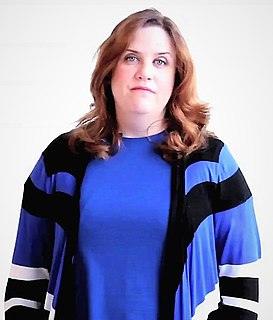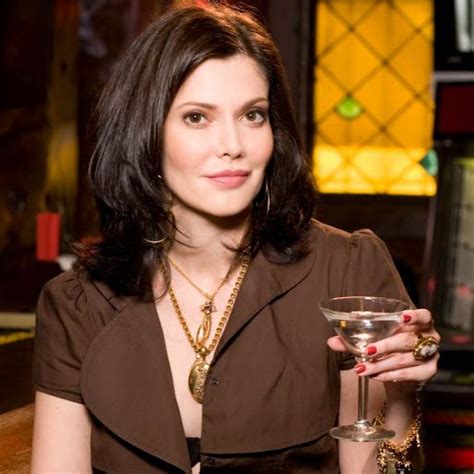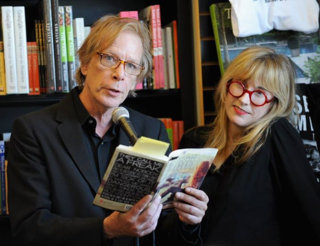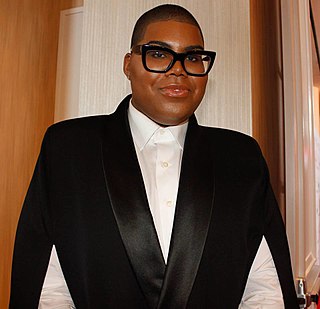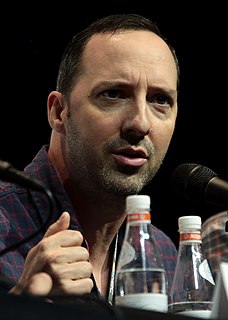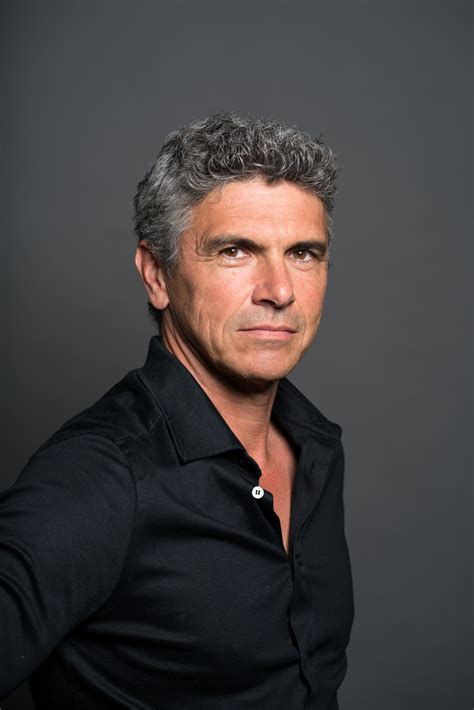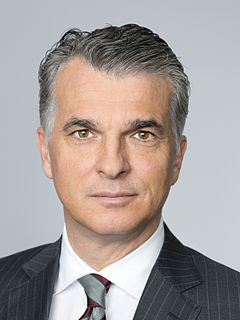A Quote by Donna Lynne Champlin
If I could say anything to anybody out there thinking of creating their own content is to always, always, come from a place of authenticity.
Quote Topics
Related Quotes
The thing that amazes me about getting fired is that nobody ever has anything insightful to say about it. They always say the same thing. They always say, 'Everything happens for a reason.' As lame as that sounds, I guess it’s better to hear it out loud. Because when you hear it in your own head, it sounds like, 'Anything can happen with a razor.
I always wanted to be an actor, but in Edmonton, Alberta, that's not a success-oriented career. So I said, 'I'll get my (teaching) degree and then I'll see what happens, but I'll always have that to fall back on.' So if anybody were to look at me and say, 'Oh, you're an actor,' I could always say, 'Hey man, I'm a teacher!'
If there's anything I could undo - usually when I want to undo things its like right on the moment because I look to the stuff that I go through in my life and something always comes out for a reason so I'm doing that. But, its always that when you say something that's just so asinine and so stupid, you're like, ahh, if I could just, please, have an undo button just to not say that.
I’m just thinking that would be pleasant. To be reading, say, out of a book, and you to come up and touch me – my neck, say, or my knee – and I’d carry on reading, I might let a smile, no more, wouldn’t lose my place on the page. It would be pleasant to come to that. We’d come so close, do you see, that I wouldn’t be surprised out of myself every time you touched.
There are two generic and invariable features that characterize utopias. One is the content: the authors of utopias paint what they consider to be ideal societies; translating this into the language of mathematics, we might say that utopias bear a + sign. The other feature, organically growing out of the content, is to be found in the form: a utopia is always static; it is always descriptive and has no, of almost no, plot dynamics.
I was working at the 'New York Times,' ruing every second of my life, thinking how was I ever going to get out of here, and thinking that one could only do it the way newspaper people have always done it. I needed a scoop, and I would go out and I would dream upon coming upon fires or the sky falling in front of me or anything.
I am messaging you to say that I love you, and that you're completely wrong about me thinking you're stupid. I always thought you could teach me things. I was always waiting. You're not like the others. You say things that no one expects you to. You think you're stupid. You want to be stupid. But you're someone people could learn from.
